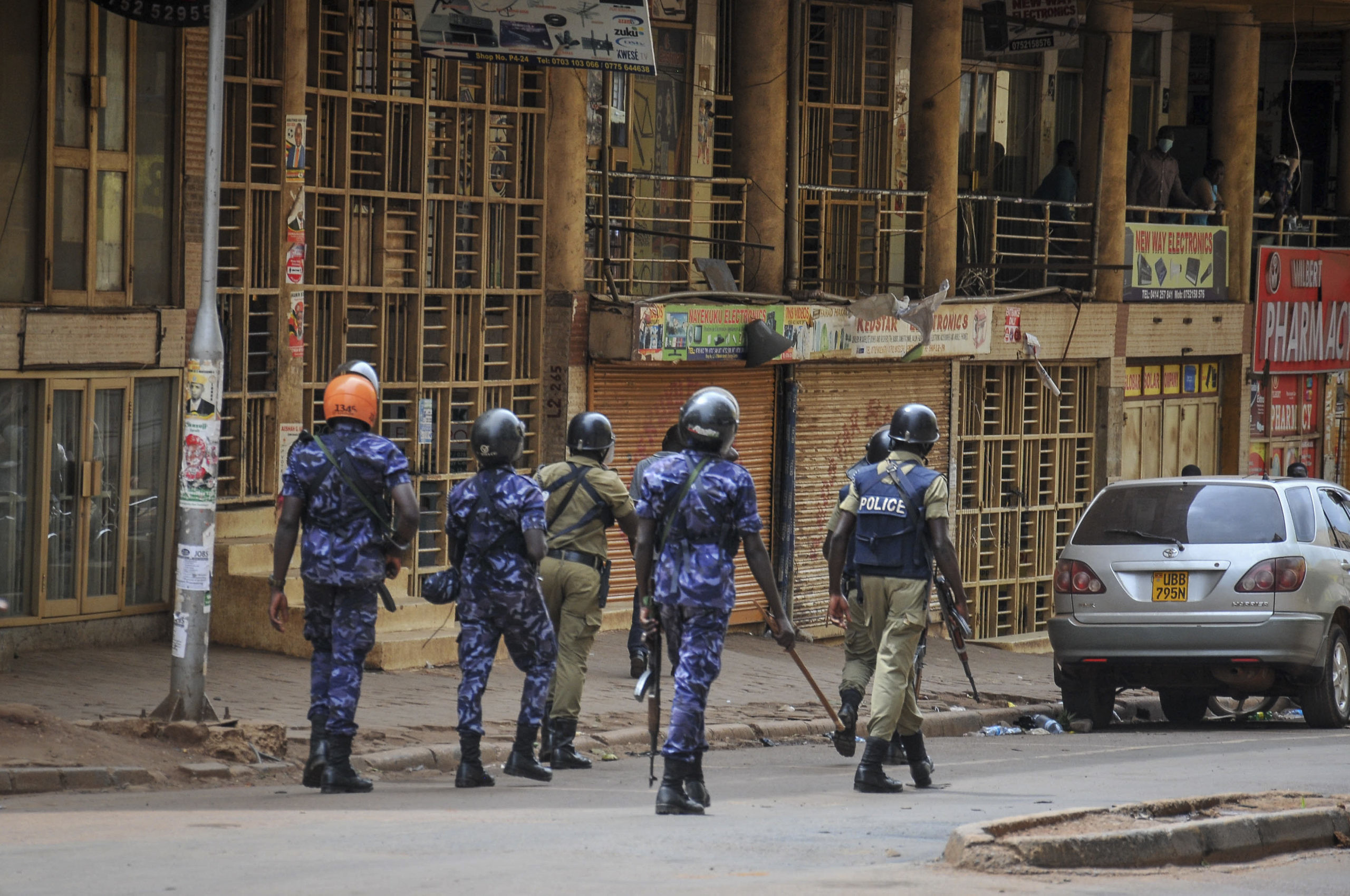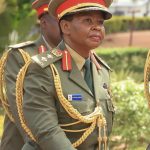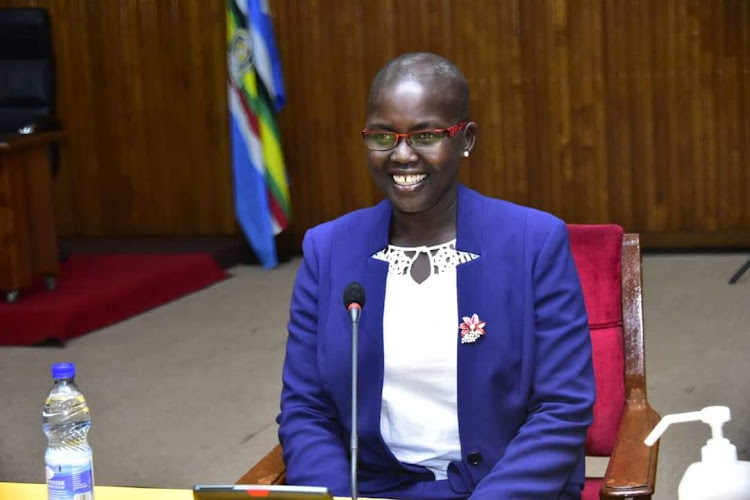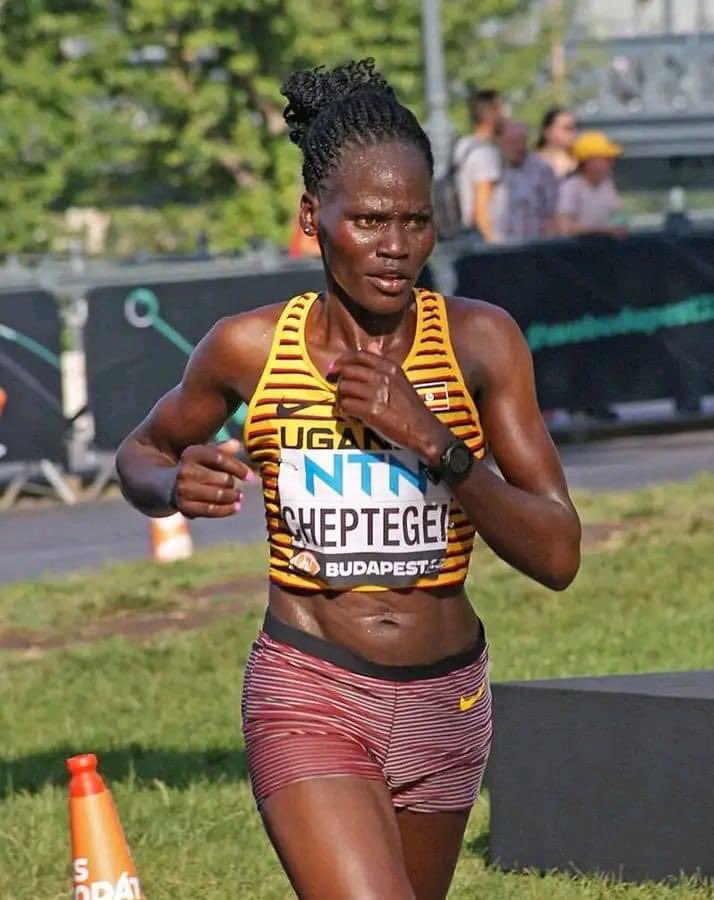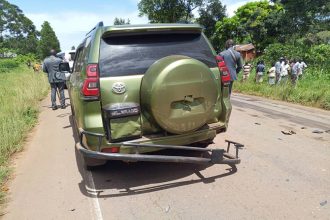A recent study conducted by the Network of Public Interest Lawyers in Uganda has found that the militarization of the Uganda Police Force is significantly contributing to human rights violations in the country. The study, which lasted for two months and was titled “Militarization and Military Capture of the Uganda Police Force, Implications for Human Rights and Rule of Law,” focused on Kampala and selected areas in the eastern region.
The research revealed that while the police may have been militarized to some extent to address high-risk security situations, such as the anti-stock unit in Karamoja and the field force unit for riot control, these scenarios have been further influenced by military involvement, leading to political policing.
Dr. Sylivie Namwase, a lecturer in the Department of Law at Makerere University’s School of Law, presented the study’s findings. She explained that political policing aims to preserve a particular regime in power and has resulted in widespread human rights violations. Examples cited included incidents during riot control where civilians were killed, disappeared, or subjected to torture, with little or no access to justice, reparations, or compensation for these violations.
The study also identified a connection between military influence and unlawful arrests and detentions in remote areas. The findings were discussed during a roundtable conference held in Kampala.
When approached for comment, Deputy Spokesperson of the Uganda Police Force, Patrick Onyango, stated that he had not yet reviewed the report. He suggested contacting his superiors for further information and added that the top management would study the report and respond accordingly. Police Spokesperson Enanga had not responded to inquiries at the time of publication.
Brigadier General Felix Kulayigye, the Spokesperson of the Uganda People’s Defence Forces (UPDF), mentioned that he had not received a copy of the report but would provide a response after reviewing it.
The study recommends that the Police Act should establish a specialized unit trained for handling public order and management, as well as riot control. This unit’s deployment should be determined based on the levels of violence and associated risks.

